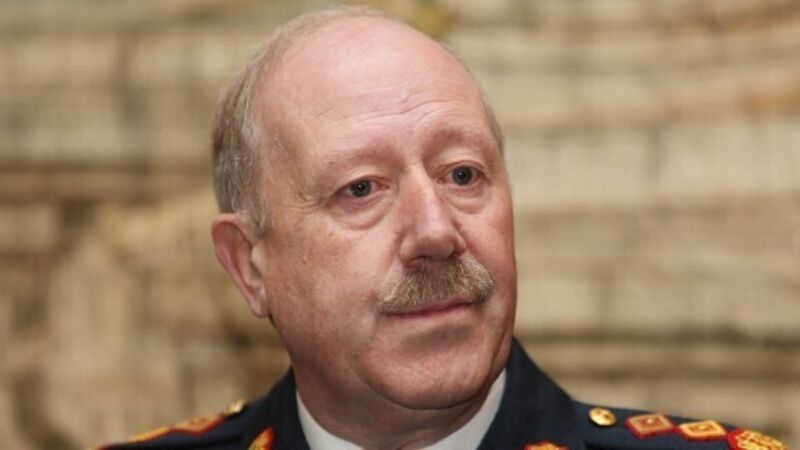Government has acted properly in wake of Garda bugging controversy

Don’t be surprised if we all find out in a couple of years’ time that former Garda Commissioner Martin Callinan hasn’t actually resigned at all, but is conducting a covert operation within the security forces. A bit like good old George Smiley in the spy novels, he will re-emerge to the grateful thanks of a nation after unearthing some desperate piece of skullduggery in the Garda Fines office.
Seriously, it’s almost impossible to make head or tail of what’s going on. Since all this controversy began, it’s been one conspiracy theory after another. A number of different scenarios have emerged, ranging from the deeply Machiavellian and sinister to the outright nutty. There’s no end of questions, and everyone, it seems, has a different answer.















